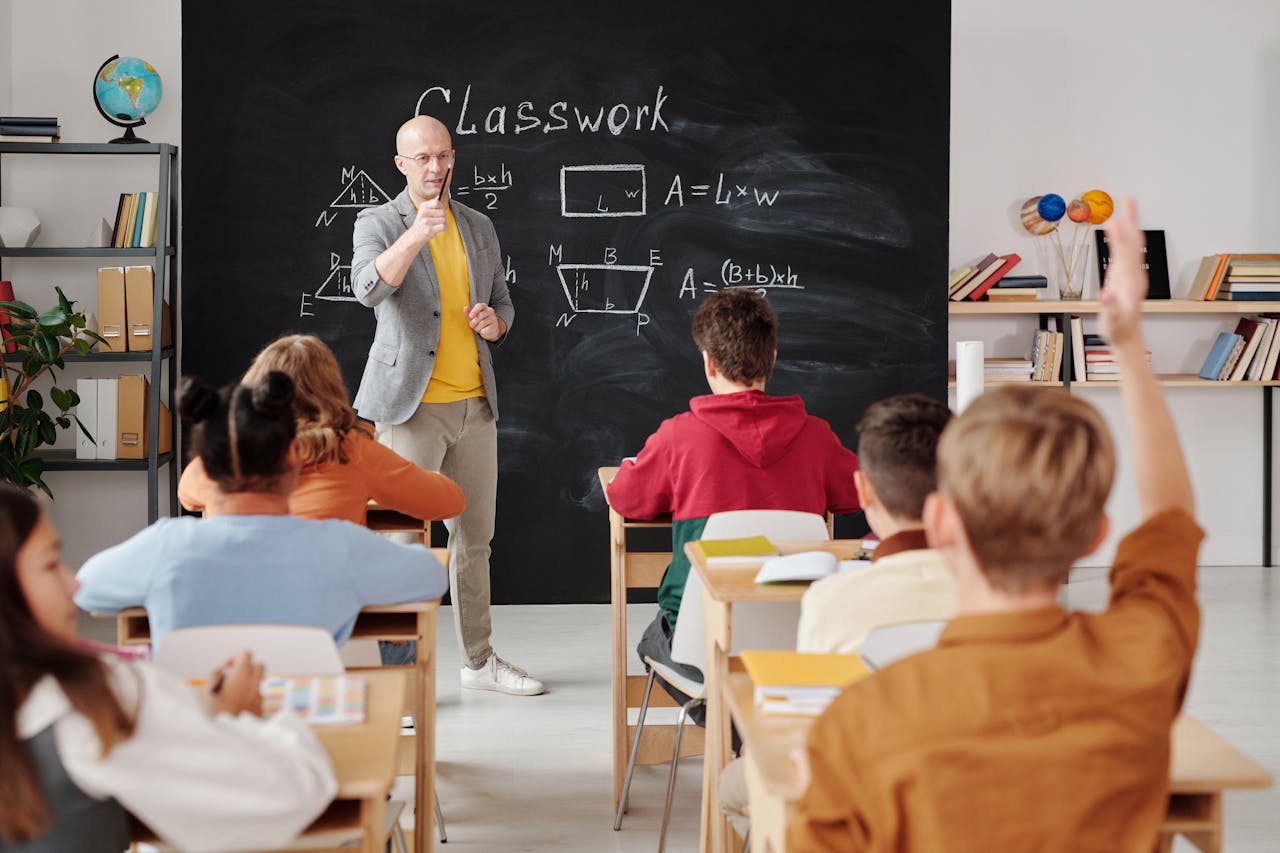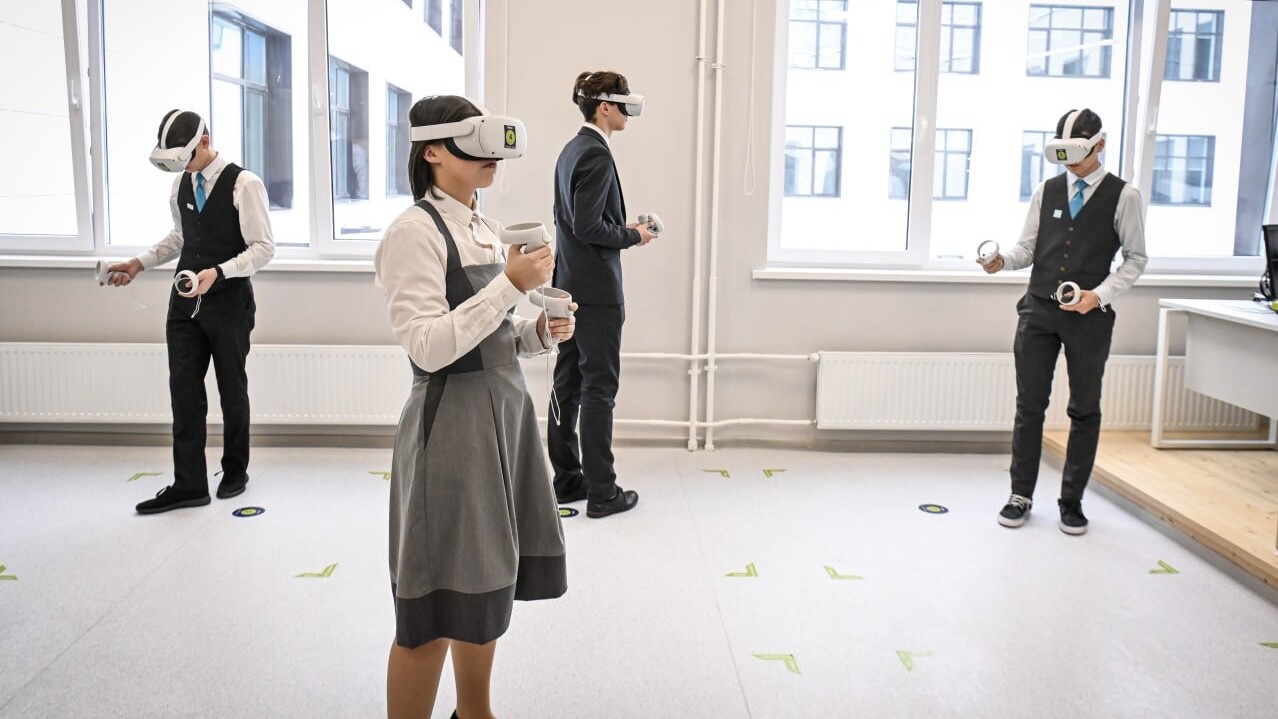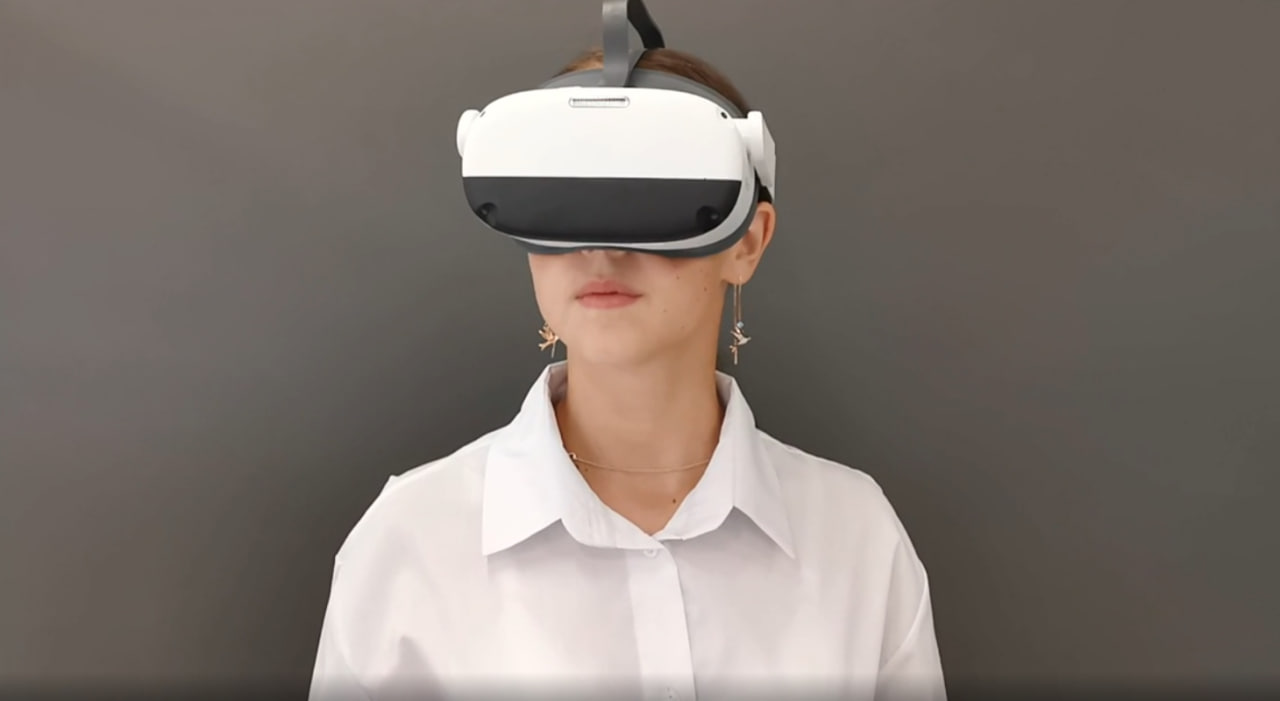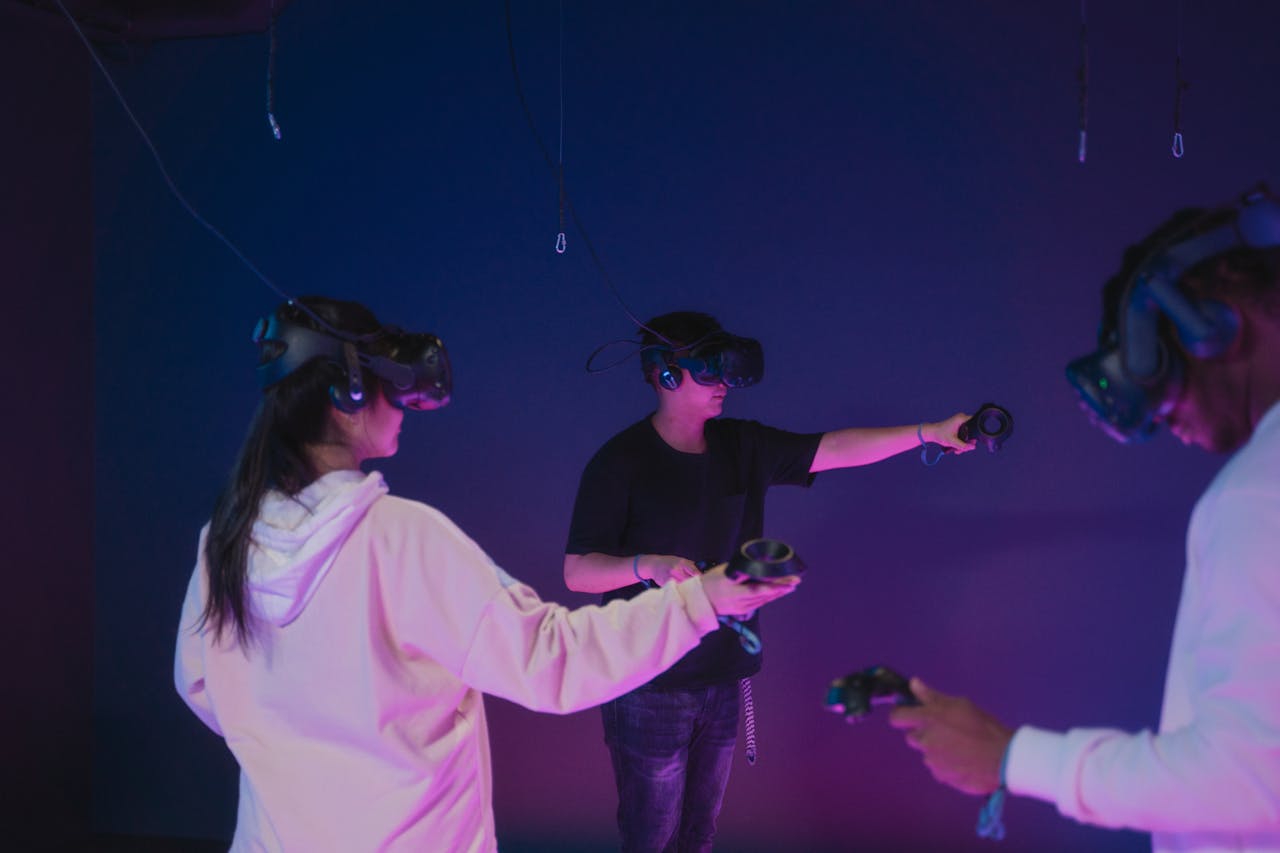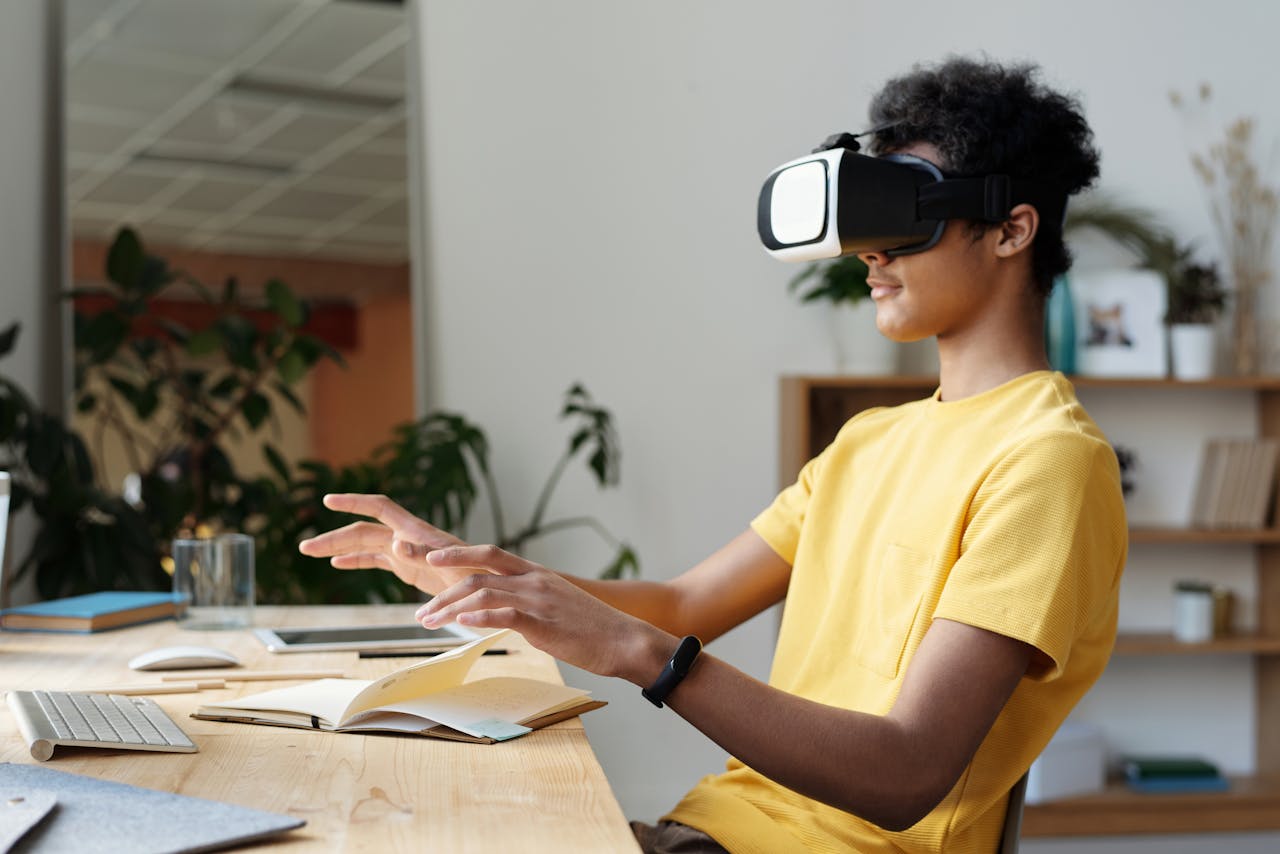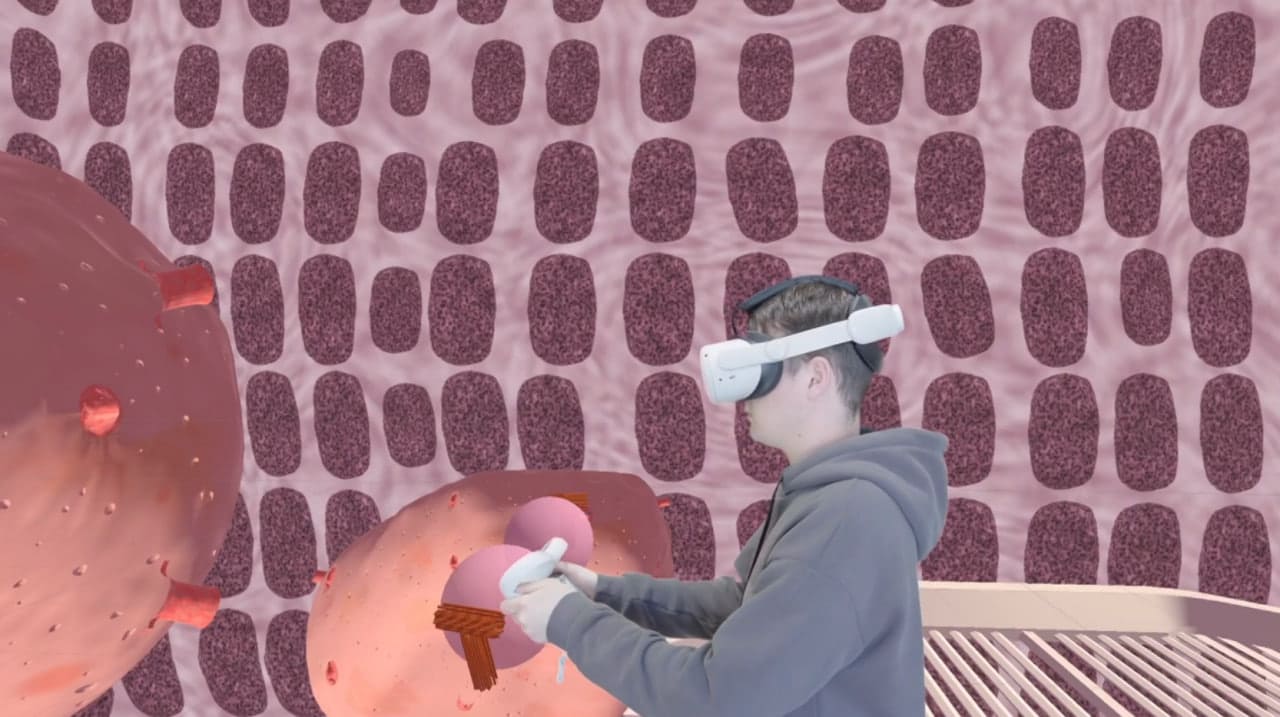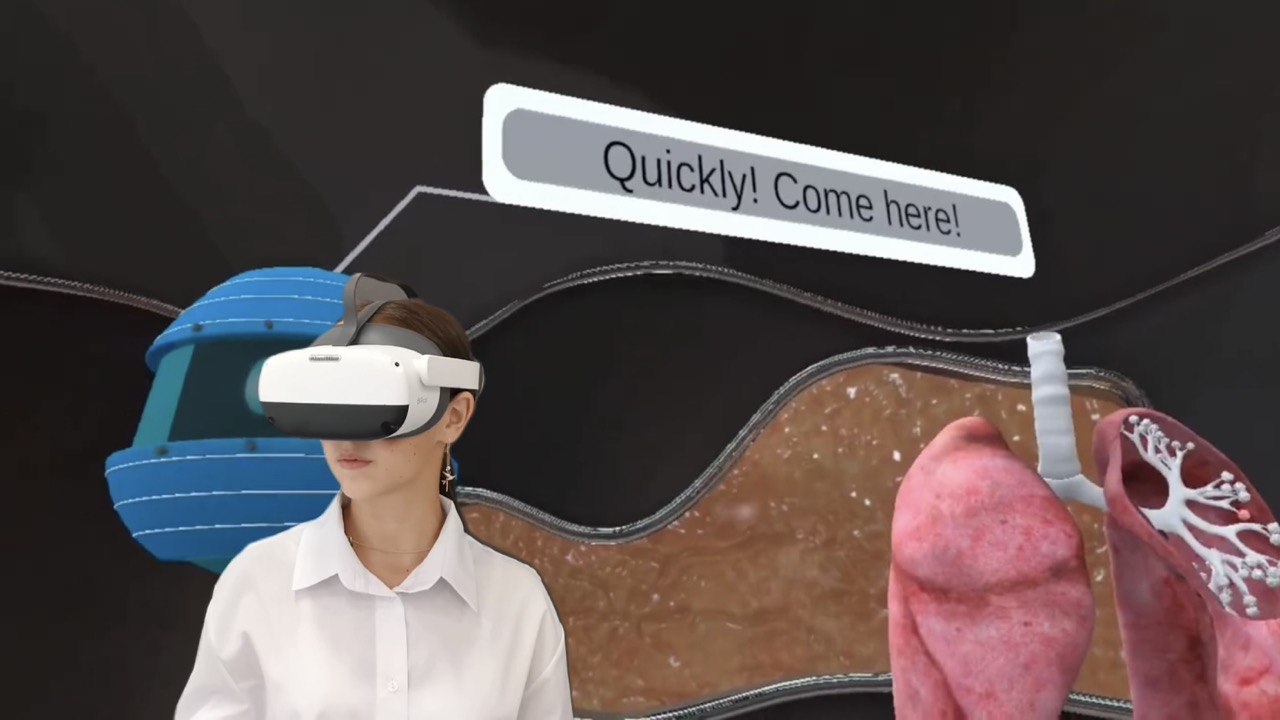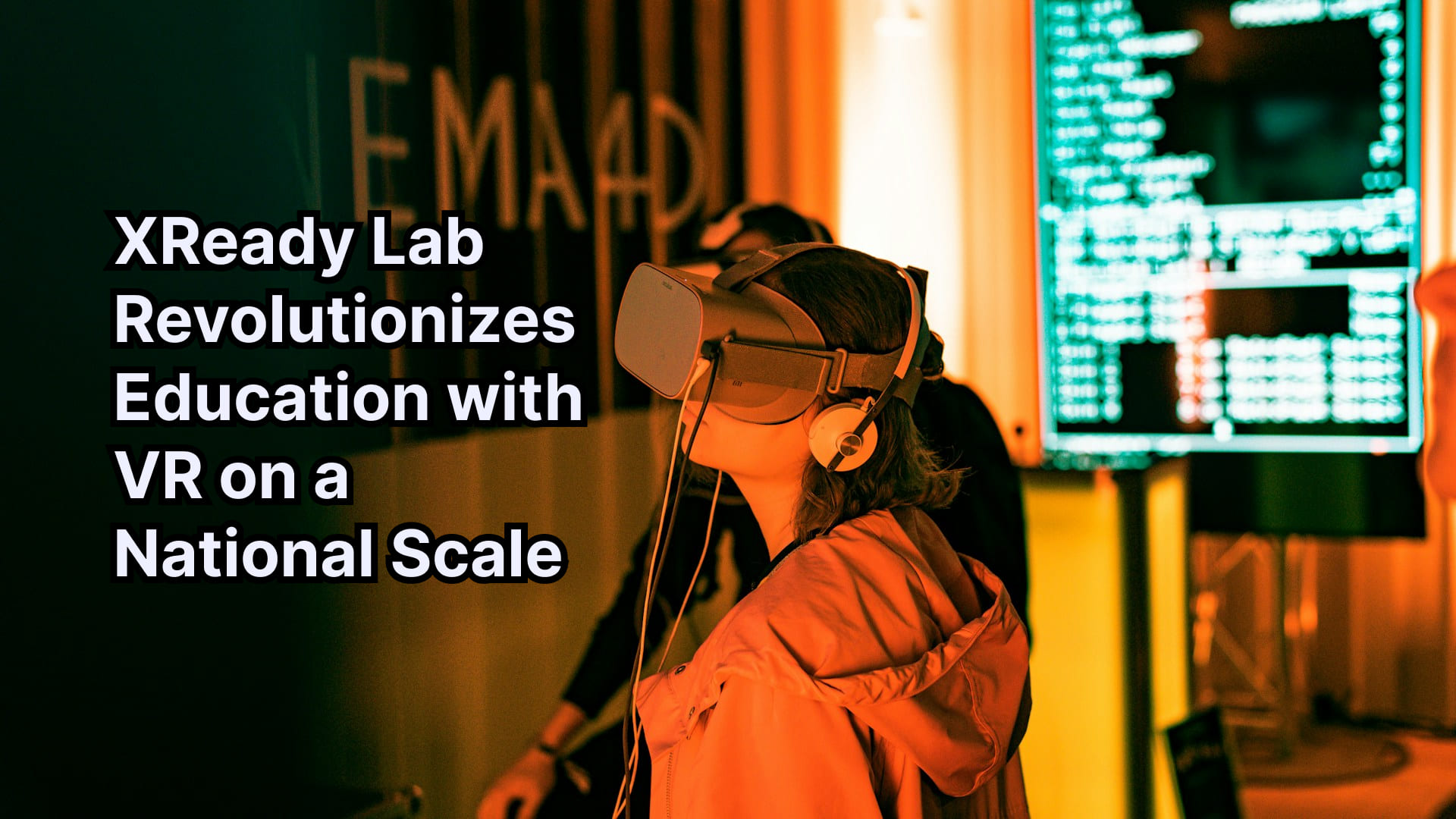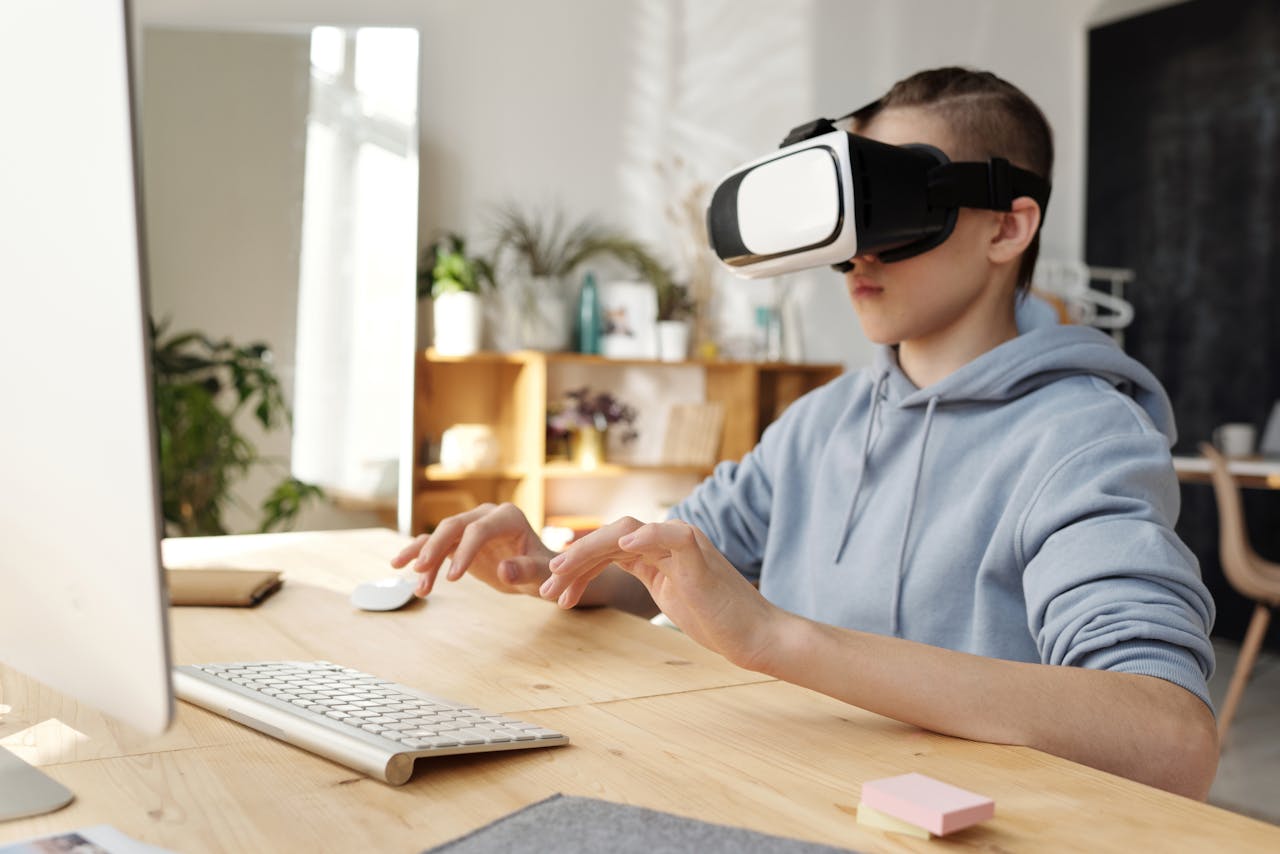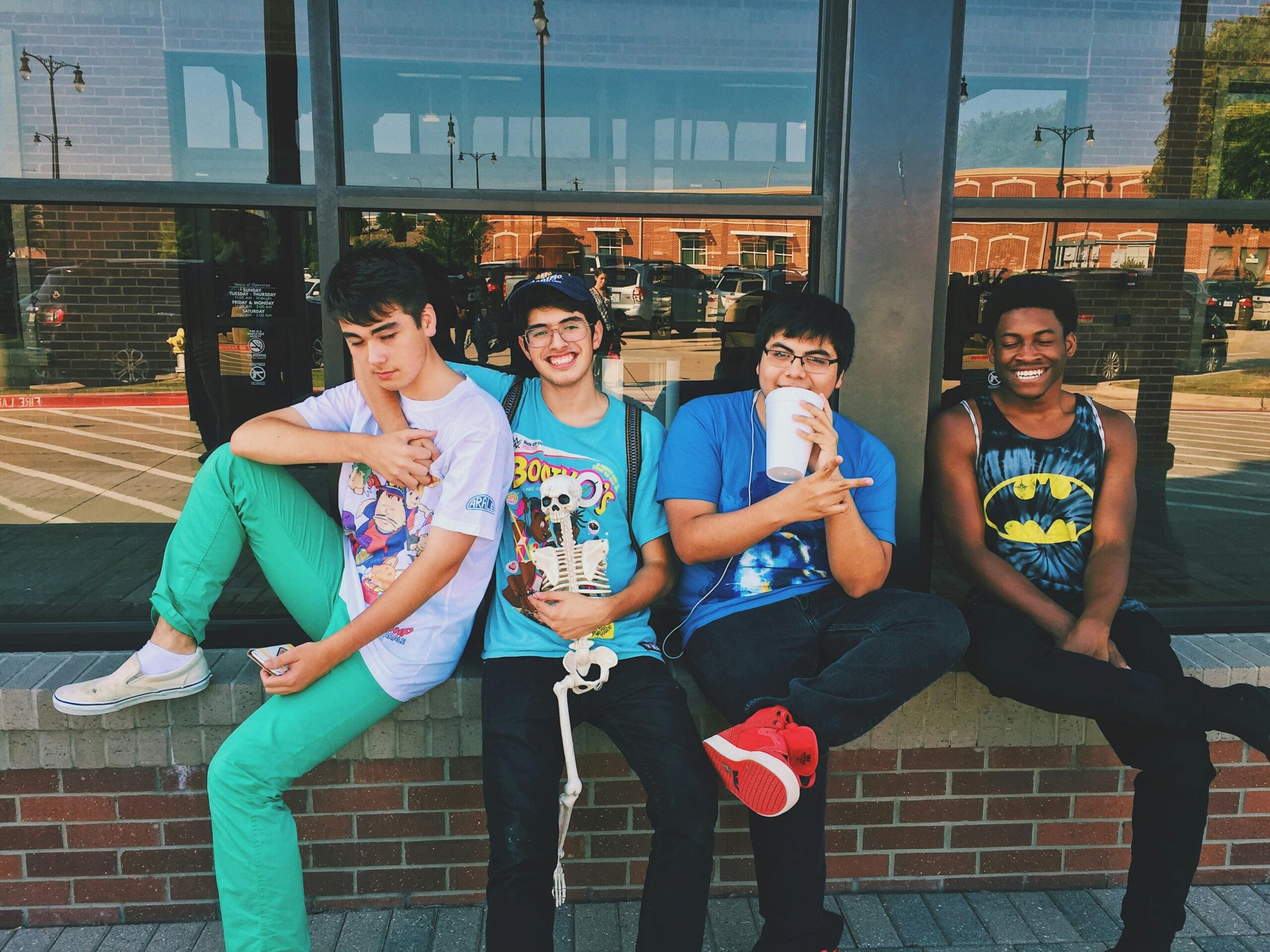
In today's fast-paced world, the alpha generation, born after 2010, is growing up with technology integrated into every aspect of life. This generation, children of the digital age, has distinct characteristics that demand a rethinking of traditional educational approaches. Gadgets, online platforms, and constant connectivity define their daily routines, creating a generation that perceives information differently from those who came before them.
What is the Alpha Generation?
The alpha generation represents a new wave of learners, deeply immersed in the digital world from birth. These children are shaped by rapid technological advancements, the rise of social media, and the proliferation of smart devices. With unprecedented access to information, they are quick learners, highly adaptable, and visually oriented.
While the alpha generation enjoys many advantages, such as prioritizing a healthy lifestyle, emotional intelligence, and agility in a world of constant change, their learning needs differ significantly from previous generations.
Key Characteristics Shaping How They Learn
Gadgets Are Central to Their Lives
From the moment they were born, gadgets like smartphones and tablets have been part of their environment. They are proficient in using these devices for various activities, from playing games to learning. This deep integration of technology affects their attention spans and learning habits.
Seamless Perception of Online and Offline Life
For alpha kids, there is no clear distinction between real life and online life. Whether they are participating in extracurricular activities, interacting with friends, or studying, they move effortlessly between physical and digital worlds. This requires schools to integrate digital tools into the classroom to reflect their hybrid reality.
The Speed of Information Matters
These children have had the internet at their fingertips since birth, making them accustomed to instant access to information. They thrive on the freedom to search for answers quickly, which can make traditional, slow-paced lessons less engaging.
Visual Learning is King
In a world of videos, memes, and interactive media, visuals are far more engaging for the alpha generation than text. This shift in preference means that education systems must incorporate more visual tools, such as virtual reality (VR) and digital simulations, to maintain their attention and optimize learning outcomes.
Short Attention Spans
The alpha generation is used to consuming information in quick bursts. Long lectures or extended reading sessions may not hold their focus. Instead, they benefit from dense, impactful lessons packed with visual and interactive content that keeps them engaged.
Adapting the Educational Process to Meet Their Needs
Given these characteristics, educators must rethink their approaches to better suit the alpha generation's learning preferences. Traditional methods may no longer be sufficient, but modern tools like VR education and interactive classrooms offer solutions tailored to this generation.
Why Virtual Reality is Ideal for Alpha Learners
The immersive nature of VR in the classroom caters perfectly to alpha learners. Since they already embrace gadgets and digital tools, VR offers an engaging way to enhance their learning experience. Here's why VR is particularly suited to the alpha generation:
Visually Engaging:
https://youtu.be/UYAjrAUHklo
XReady Lab: Gas Exchange in Alveoli VR simulation
VR emphasizes visuals over text, offering an interactive way to explore complex concepts. For example, students can enter a VR chemistry lab to visualize molecules, or take a virtual field trip to historical landmarks, making abstract lessons come to life.
Capturing and Retaining Attention:
[video width="1280" height="720" webm="http://xreadylab.com/wp-content/uploads/2024/07/bgvideo2-512-2-1-3.webm"][/video]
With short attention spans, alpha students need lessons that grab their interest quickly. Virtual reality education provides immersive environments that captivate learners, ensuring they remain engaged throughout the lesson.
Seamless Integration of Online and Offline Learning:
Since alpha kids naturally blend their digital and physical worlds, VR for education allows them to experience this same seamless integration during class, whether they're participating in a STEM lab or engaging in VR learning platforms.
High-Density Information in Short Timeframes:
VR compresses hours of reading into quick, digestible experiences. For example, a VR biology class can teach anatomy through interactive 3D models, offering a comprehensive lesson in just minutes.
Embracing Change: Preparing Schools for the Alpha Generation
While older generations may question the shift toward technology-heavy teaching, the reality is that education must evolve. Alpha students are fundamentally different learners, and the old methods of instruction no longer suit their needs. It's not that today's students are better or worse; they are simply growing up in a world that operates at a different pace with different expectations.
Incorporating technologies like VR in education or transforming the classroom into a digital classroom is no longer optional—it’s essential for staying relevant. Adapting to these changes not only benefits students but also prepares them for a future where technology will continue to play a major role in every facet of life.
Inspiring the Future with VR
By recognizing the strengths and needs of the alpha generation, educators can embrace tools that help students thrive. Interactive classrooms, VR learning solutions, and smart classroom technology offer endless possibilities for making education more engaging, interactive, and aligned with how modern students learn.
It's time to embrace this change, ensuring that the education system keeps pace with the digital world these students are already part of.
Request a demo from XReady Lab to explore the benefits of VR in education and see how you can create an exciting, future-proof learning environment for the alpha generation.

